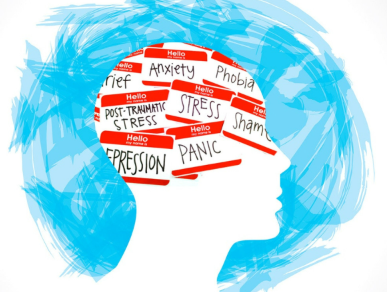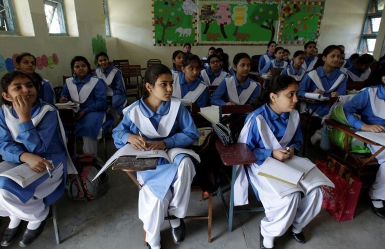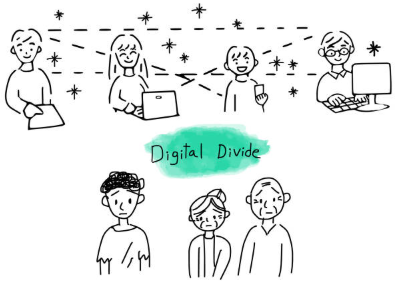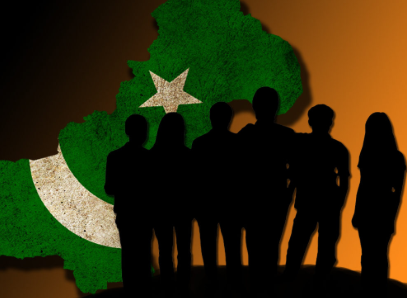Real Challenges Facing Pakistan’s Youth in 2025
Written by Rikhtiya — Discovering Secret Facts
Introduction
Pakistan’s youth, over 60% of the population, are the builders of the nation’s future. As we proceed further in 2025, Pakistan’s youth face challenges that influence their personal and professional lives. Solutions to these challenges are crucial for the country to grow further. The article highlights the real challenges that confront Pakistan‘s youth and provides potential solutions.
1. Unemployment and Job Market Instability

Despite possessing academic qualifications, many young graduates struggle to secure stable employment. The mismatch between educational outcomes and market demands leads to high unemployment rates. Furthermore, automation and digitalization are transforming industries, leaving traditional skill sets obsolete.
Potential Solutions
To bridge the skills gap, the education system must align more closely with market needs. Promoting vocational training and digital literacy can empower youth to thrive in evolving job sectors.
2. Mental Health Crisis

Rising competition, social pressures, and economic instability significantly affect young people’s mental well-being. The stigma around seeking psychological help further exacerbates the crisis, leaving many to suffer in silence.
Potential Solutions
Creating mental health awareness through school programs and community initiatives can help normalize conversations around mental well-being. Accessible counseling services in educational institutions can also provide much-needed support.
3. Political and Social Exclusion

Many young Pakistanis feel excluded from political processes and decision-making. Their voices often go unheard, leading to disillusionment and disengagement from civic duties.
Potential Solutions
Encouraging youth involvement in political discourse through debates, youth councils, and leadership programs can foster a sense of inclusion. Providing platforms to voice concerns can also bridge the gap between policymakers and the younger generation.
4. Education Quality and Accessibility

While educational enrollment rates have improved, the quality of education remains inconsistent. Rural areas especially lag behind urban centers in access to modern educational facilities.
Potential Solutions
Investing in rural education infrastructure and teacher training programs can reduce the urban-rural educational divide. Additionally, incorporating modern teaching methods can enhance learning outcomes.
5. Digital Divide

The rapid digital transformation highlights a significant disparity in technology access. Rural youth often lack connectivity and digital skills, placing them at a disadvantage in an increasingly online world.
Potential Solutions
Government-led initiatives to improve rural internet access and digital literacy programs can mitigate this gap, fostering equal opportunities in the digital economy.
Conclusion
The challenges faced by Pakistan’s youth in 2025 are daunting yet surmountable with the right policies and community support. Addressing unemployment, mental health issues, political exclusion, educational disparities, and the digital divide requires a collaborative effort from government, private sector, and civil society. Only by empowering the youth can Pakistan ensure a prosperous and resilient future.








